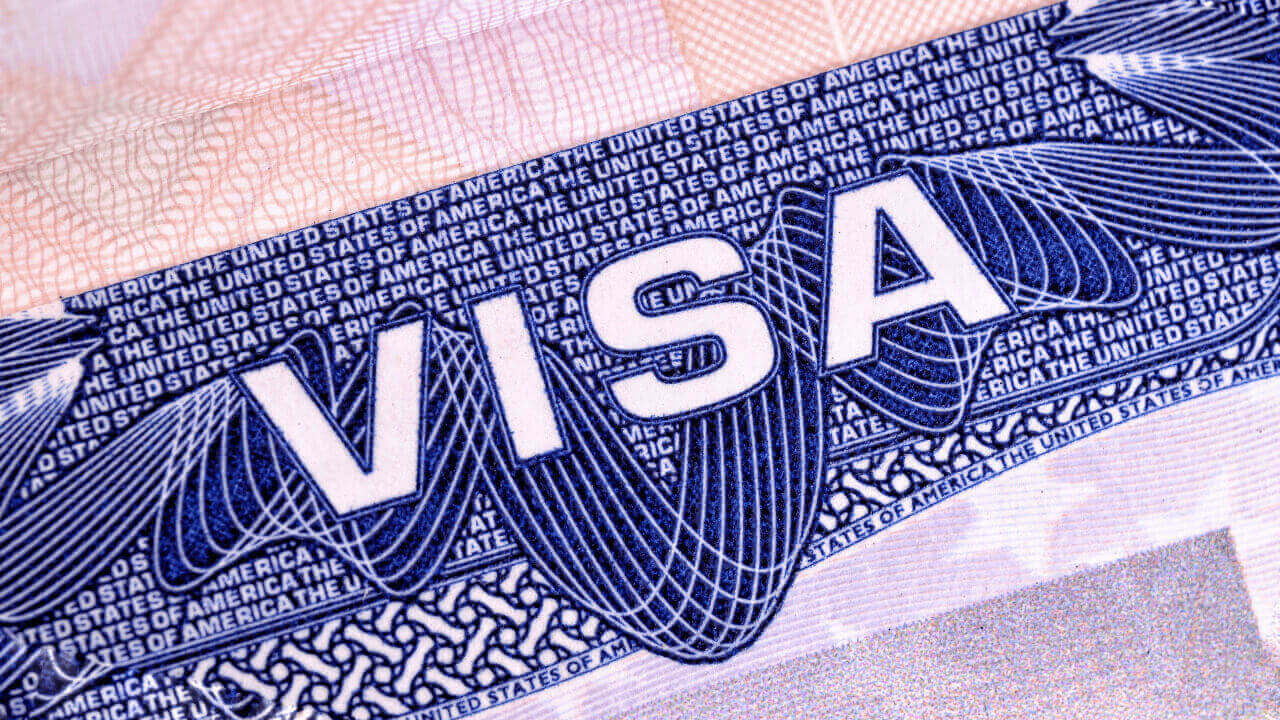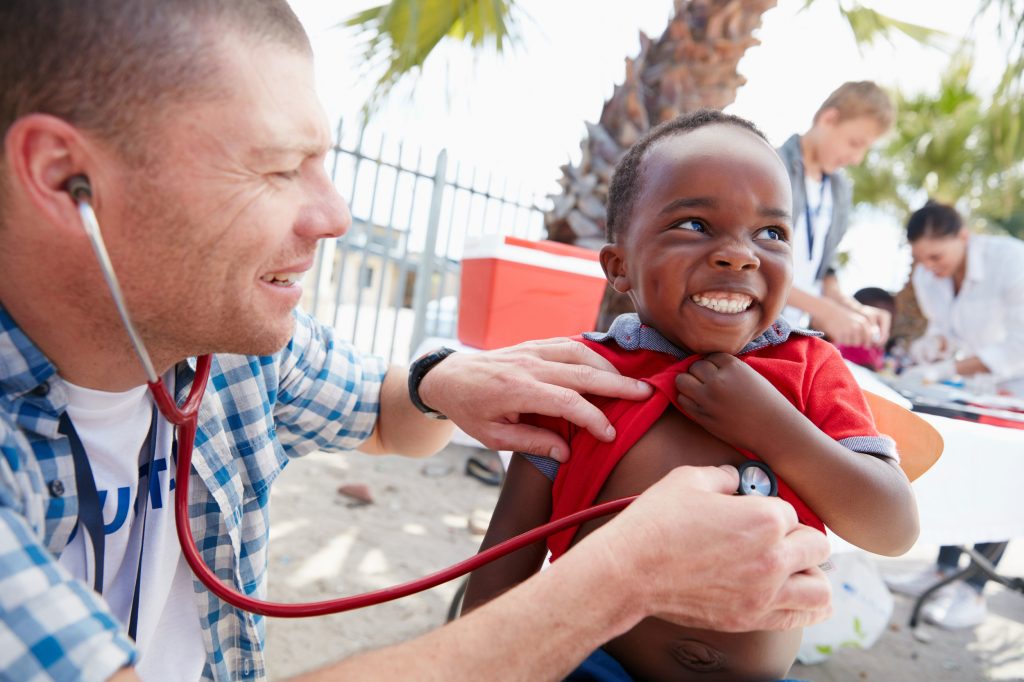

Visa Guides: Applying for Visas for Volunteer Work or Humanitarian Travel provides detailed insights into the world of securing visas for humanitarian aid or volunteer work abroad. Many individuals are eager to contribute to worthy causes in different parts of the world, and navigating the complex landscape of visa requirements can be daunting. This guide aims to shed light on this vital process, equipping you with the necessary knowledge and resources. This comprehensive guide is designed to help you understand the intricacies of the application process, from gathering the required documents to preparing for the interview. You’ll learn how to tailor your application for different visa types, and understand potential challenges and solutions along the way.
Understanding Visa Requirements for Humanitarian or Volunteer Work
Types of Visas for Humanitarian or Volunteer Work
Different countries have different visa regulations for humanitarian or volunteer work. Some countries might offer specific visas designed for these purposes, while others might require a combination of visa types. This can include a tourist visa, a work visa, or a special program-specific visa. It is crucial to determine the specific requirements of the country where you intend to volunteer or conduct humanitarian work. Consulting the official website of the country’s embassy or consulate in your country is essential to obtain accurate information. Researching available programs that offer volunteer or humanitarian visa assistance is highly recommended.
Essential Documents and Information
Gathering the necessary documents and information is a crucial step in the visa application process. This may include your passport, proof of financial support, travel insurance, and a letter of motivation, among other crucial documents. The specific requirements vary per country. Always carefully review the guidelines from the embassy or consulate responsible for issuing the visa. Thorough preparation and attention to detail are paramount for successful application. Check with your local embassy or consulate and your chosen organization to ensure that the visa you will be applying for will allow you to successfully participate in the volunteering or humanitarian work program.
Handling Potential Challenges
There are potential obstacles in the visa application process. This might involve ensuring that all submitted documentation is correct and comprehensive. If you encounter roadblocks or uncertainties, consulting with a qualified immigration professional can provide invaluable guidance and support. Also, be aware of potential delays due to processing times or unforeseen circumstances. Planning ahead and allowing ample time for the process is always prudent.
Tailoring Your Application for Specific Circumstances
Adapting Your Application based on the Volunteer Program
The specific volunteer program you participate in may influence the type of visa needed. Some programs offer assistance in visa applications; it’s advisable to connect with them directly and find out if they offer any guidance or assistance. If the program requires a specific visa, ensure that your application aligns with these requirements. Always read the program guidelines carefully to understand what support and guidance they can provide, and how they can support your application process. Carefully assess your eligibility and tailor your application according to program requirements.
Crafting a Compelling Letter of Motivation
A persuasive letter of motivation can significantly impact your visa application. Highlight your relevant skills, experiences, and motivations for volunteering or humanitarian travel. Detail your understanding of the specific needs of your chosen program or location. Emphasize your personal commitment to contributing positively and your enthusiasm for the opportunity. Show your initiative to ensure that you are an ideal volunteer.
Understanding the Visa Interview Process
A visa interview may be part of the process, requiring you to articulate your intentions and demonstrate your commitment. Practice answering potential questions related to your plans, your understanding of the humanitarian or volunteer work, and your personal commitment to the activity. Thoroughly prepare for the interview in advance, as this is an important aspect of the process.
Exploring Visa Application Resources
Using Online Resources and Databases
Leveraging reputable websites and databases can provide valuable insights into visa application procedures. Many countries maintain official websites dedicated to visa information, providing updates, forms, and application guides. These resources can help you navigate the application process effectively. Be sure to regularly check these resources and stay updated.
Seeking Professional Guidance
Consider seeking advice from immigration lawyers or consultants specializing in visa applications for humanitarian or volunteer work. Their expertise can help you navigate complex procedures and increase your chances of success. Professional advice can save you time and effort and may improve your chances of successful application and approval.
Understanding the Implications of Denied Visas
Understanding the implications of a denied visa is crucial. Knowledge of the appeal process, if available, is important. It is prudent to understand the reasons for denial. Addressing these concerns can lead to a better chance of success in the future.
Case Studies and Examples
Success Stories of Humanitarian Visa Applications
Examining successful applications for humanitarian visas from other individuals provides inspiration and guidance. Learning from successful examples can enhance your preparedness and provide valuable context. Consider the steps and documents utilized in previous success stories to inform your application.
Challenges Encountered and Solutions
Analyzing case studies of visa application challenges and the corresponding solutions provides valuable insights. Identifying common obstacles and learning from solutions to these challenges are crucial to avoid similar issues in your own process. Review past experiences to minimize risk and proactively address potential issues.
Statistical Data and Trends
Understanding statistical data on visa applications, such as approval rates and processing times, may provide valuable insights. Stay informed about common factors impacting visa approvals or denials in your desired destination country. This knowledge may help you to better tailor your application and increase your chances of approval.
Additional Tips for a Smooth Application
Checking Eligibility Requirements
Carefully review eligibility requirements based on the specific visa category. Make sure that you meet all requirements and are fully aware of the conditions before proceeding. Consult the relevant authorities or organizations to avoid delays.
Planning Your Travel Schedule
Thoroughly plan your travel schedule, including travel dates and duration. Make necessary arrangements for accommodation and other logistics. This can help to avoid delays and maintain an organized travel plan.
Following Up on Application Status
It’s essential to follow up on the status of your visa application. Keep track of the processing time and stay updated on any changes. Follow up with the relevant authorities if you haven’t received an update.
Conclusion for Visa Guides: Applying for Visas for Volunteer Work or Humanitarian Travel
FAQ (Continued)
FAQ
What are the common visa application mistakes to avoid?
Common mistakes include submitting incomplete documents, providing inaccurate information, or failing to meet the required criteria. Double-checking all submitted documents and ensuring accuracy is paramount. Also, understanding the specific requirements for your chosen country and your circumstances is crucial to avoid mistakes during the application process. It’s also advisable to seek professional assistance from an immigration lawyer if you feel unsure about any aspect of the application process.
How long does the visa application process typically take?
The processing time for a visa application can vary significantly depending on the country you’re applying to, the type of visa you need, and the current workload of the embassy or consulate. You should always check the official website of the relevant embassy for the estimated processing time. Factors such as the completeness of your application and the availability of required appointments also play a role. Allow ample time for the process, as rushed applications might lead to errors and delays.
What are the critical documents needed for a visa application?
The necessary documents vary depending on the country and the specific type of visa. Generally, these include passport, proof of financial means, valid travel insurance, and a letter of motivation outlining your plans and intentions. Always confirm the specific requirements by consulting the official website of the relevant embassy or consulate. Providing accurate and complete documentation is crucial to increase your chances of visa approval.
In conclusion, navigating the visa application process for volunteer or humanitarian travel requires meticulous research, careful planning, and adherence to specific guidelines. This comprehensive guide has equipped you with the knowledge necessary to understand the complexities of visa requirements and procedures, empowering you to embark on your journey with confidence. By following the steps outlined above and seeking professional guidance when needed, you can significantly increase your chances of visa approval and ensure a smooth travel experience. Now, go and make a difference!